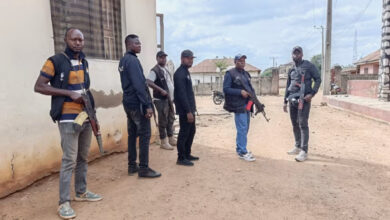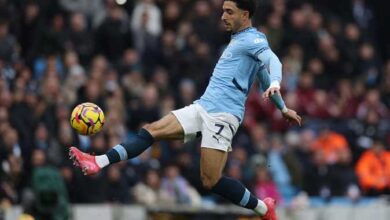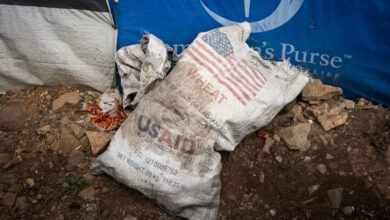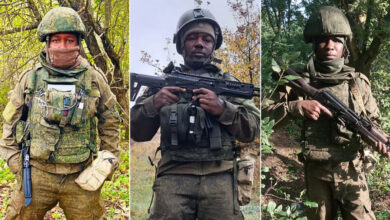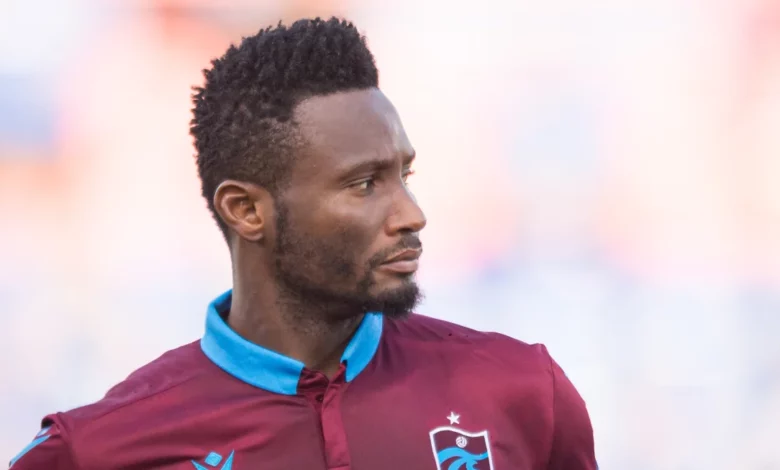
Mikel John Obi vividly remembers the moment he was told his father, Pa Michael Obi, had been kidnapped for a second time.
Kidnappings for ransom targeting wealthy family members has become common in Africa’s most populous country and is seen by some criminal gangs as a lucrative endeavour.
The Nigeria and Chelsea soccer player told CNN Sport that he heard the news just two hours before he was set to play a World Cup game against Lionel Messi and Argentina at Russia 2018.
“Just like everybody else, I was excited going into one of the biggest games of my life, playing against [Lionel] Messi and Argentina,” Obi told CNN Senior Sports Analyst Darren Lewis in a recent interview.
“I was in my room getting ready, and all of a sudden, my phone started ringing and it was my brother calling … to say that dad has been kidnapped. I was like, ‘What, again?’”
Obi said it was “heart-breaking” to hear his father was undergoing such an ordeal for a second time in his life.
As Obi tried to process the news, he said he began “shivering” even though it was hot summer’s day in St Petersburg.
“I was sitting there thinking, ‘What am I going to do? Shall I tell the team? Shall I tell the players, tell the manager, tell the [Nigerian] FA?’” said Obi.
“‘What shall I do?’ Because this is the biggest game of our lives. So, I thought to myself, ‘You know what? I’m going to go out there and perform. I don’t want to let these guys [the kidnappers] win.’
“I am the captain. I’m the leader of this team and I have to go out there and be strong for the team and for the country. I decided not to tell anyone,” added Obi.
Despite pushing the Albiceleste to the limit, with a Marcos Rojo 86th-minute goal making the difference, Nigeria went on to lose 2-1 and Obi said that he felt like he “was going to fall down and probably collapse” during the game.
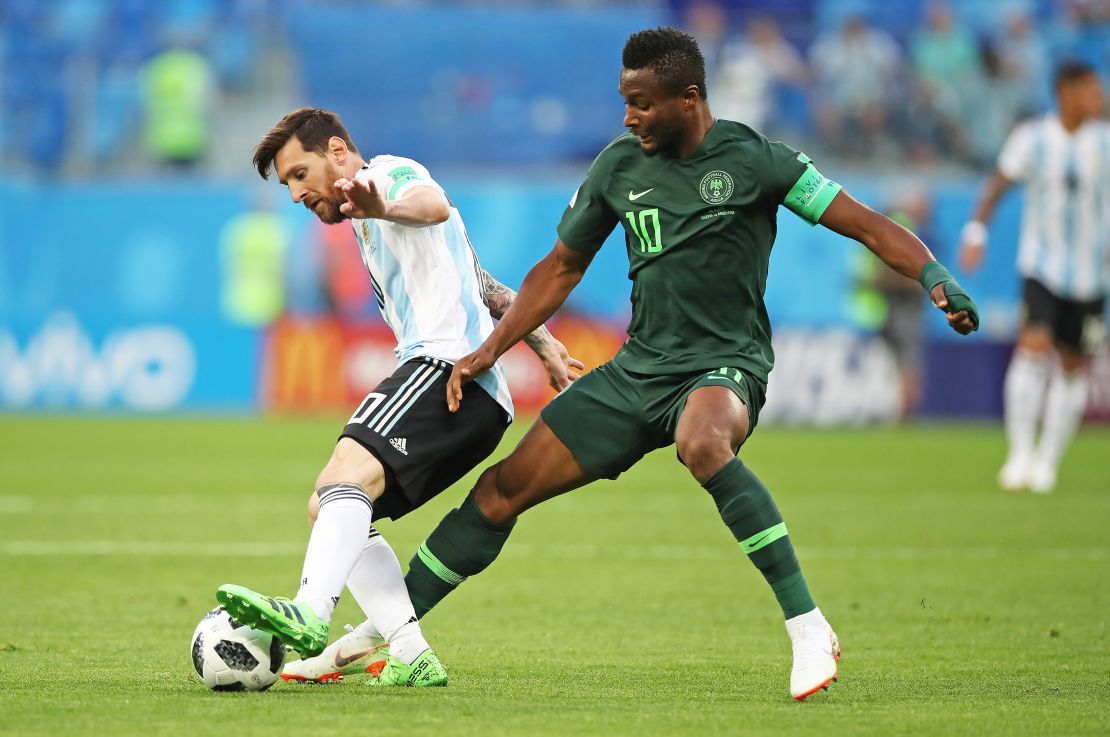
“I went out and performed. I remember in the game, a few times, I thought I was going to throw up. Emotions were running here and there.
“I didn’t know what I was thinking … about the game … about my dad … about my mom who was in tears … my family, my brothers, my sisters. Everybody was in tears.”
After the game, Obi says he told his teammates, the Nigerian Football Federation and the world’s media about the kidnapping, before negotiations began to get his father returned safely.
“I remember my dad saying to me, ‘They’ve got the gun on my head, son,’” said Obi.
“‘I’m an old man. I’m your dad, but you have to decide what you have to do.
It’s the second time it’s happened. I know you could pay a huge amount of money to get me out and to make sure that I come home safely.’
“Of course, I want my dad back. It doesn’t matter what. I want my dad to be home,” added Obi, who in 2018 said the kidnappers had demanded 10 million naira (around $30,000) to release his father.
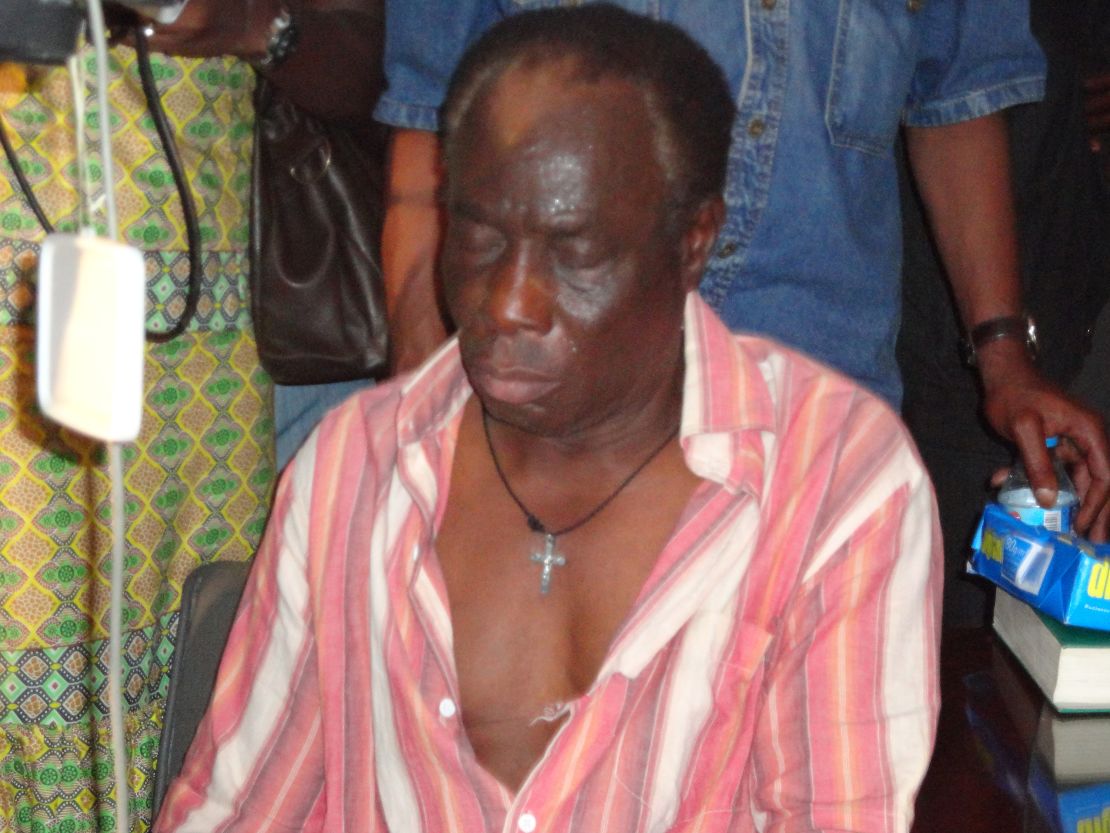
Through the help of the Nigeria Police Force, Obi’s father was eventually rescued. The Nigeria Police Force did not immediately respond to CNN’s request for more details about the 2018 kidnapping.
The first time Obi’s father had been abducted was in 2011 in Jos, the main city in Plateau State in central Nigeria, when he was on his way back home after work.
“It was a massive shock for me, for the family,” recalled Obi of that first kidnapping.
“I think he was taken for about 10 days. And that’s when we tried to start making phone calls and they got in touch with us.
“Obviously, they wanted to speak with me, so I spoke with them. They made their demands. I spoke to the club [Chelsea]. I spoke to Roman [Abramovich],” added Obi, referring to the Russian oligarch and former Chelsea FC owner.
According to Obi, Abramovich told the Nigerian international he was willing to support him and said: “’If you need me to do anything, if you need me to send my people over to Nigeria to find your dad, I’d be willing to do that.
“You know, you have that option. But if you think you pay the money, then you do it. So I finally had to pay the money. And then my dad got released.”
As in 2018, Obi opted to continue playing despite receiving devastating news. He was scheduled to play in a Premier League match for Chelsea against Stoke City.
“I remember Andre Villas-Boas was the [Chelsea] manager back then,” recalled Obi.
“He [Villas-Boas] spoke to me and said, ‘Listen, you are a very important player for me. I would like you to play the game if you feel like you want to.
If not, I can understand if you don’t want to travel with the team if you don’t want to play.’
“I said: ‘I don’t want these people to win. I don’t want to show them that I’m weak. I have to go out and perform,’ which is what I did. I travel with the team. I went out and I played the game and then, yeah, so that was really, really tough.”
Obi made 372 appearances for Chelsea, winning the Premier League (twice), the FA Cup (four times), the League Cup (twice), and the Champions League and Europa League during his time at the club.
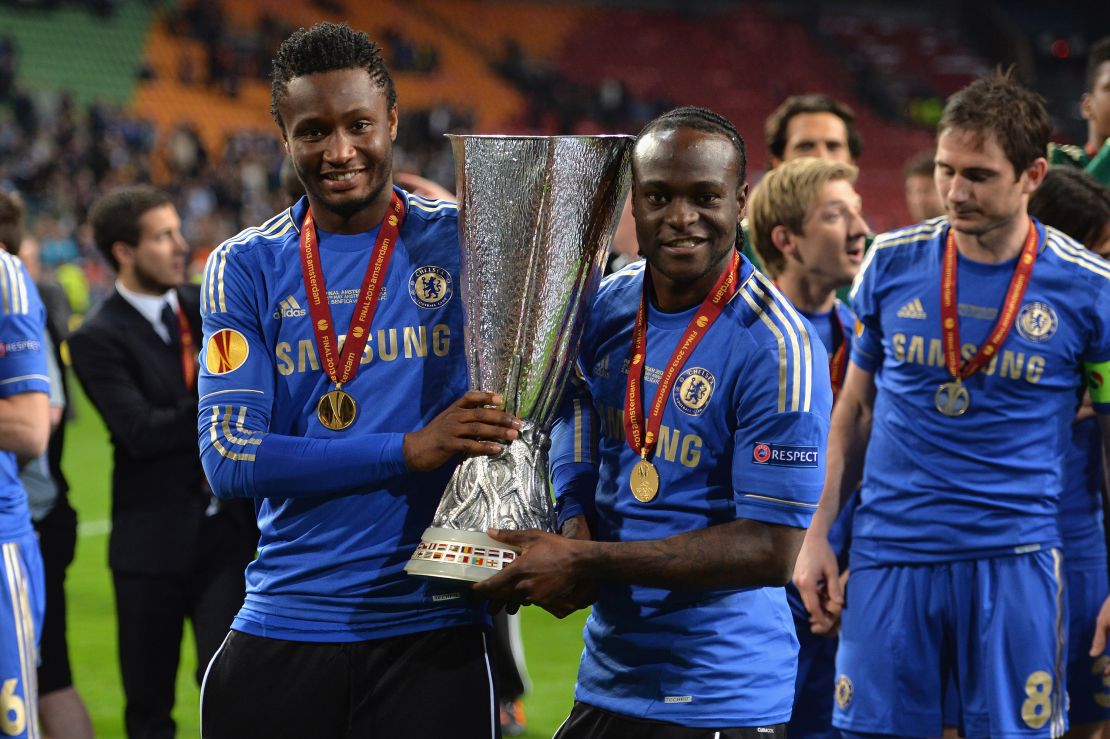
After the first kidnapping, Obi remembers being reunited with his dad who had been beaten up by the kidnappers and dumped in the street like “trash.”
Describing the moment they met, Obi said his father was “bruised, beaten up” and had his “lips broken, head swollen, he can’t walk, can’t move. It was a very heart-breaking moment for me and my family. We suffered a lot.”
CNN has also asked the Nigeria Police Force for more details about the 2011 kidnapping.
When Obi saw from afar what happened to the father of Liverpool star Luis Díaz’s father, who was abducted in October and eventually released by Colombia’s National Liberation Army (ELN) guerrilla group in November, the former Chelsea star reached out to the Colombian international on social media to offer his support.
“I have to commend him and Liverpool. I always say, when you’re in these situations, you need people around you. You need people who care about you. And Liverpool showed that support,” said Obi.
“Liverpool did show him that support, the fans, the players showed him that he is not alone.
“And I’m happy to see that that’s what he got with Liverpool. And eventually his father finally got released.”

